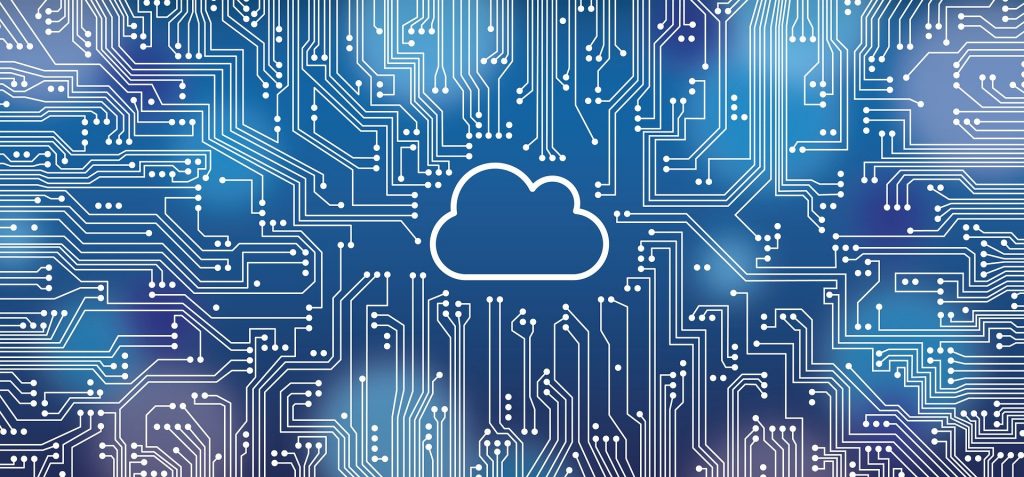Cloud computing is transforming the hotel industry.
Just as databases in the early 1990s enabled hotels to efficiently manage large numbers of reservations and requests.
Cloud solutions offer the opportunity to eliminate common frustrations and frictions across the entire ecosystem.
It allows us to run software programs without having to install them on our computers.
Moreover, enables us to store and access our multimedia content over the internet.
Furthermore, it allows for the development and testing of programs without the need for servers, or so on.
When you use cloud computing, you use programs, store files, and access data over the internet rather than on your hard drive.
Writing in a Word document or storing photos on your computer’s desktop are not examples of cloud computing because they rely solely on local storage on your device.
Cloud computing in the hospitality industry

Cloud computing can provide a seamless experience for customers while reducing service barriers on the staff side. This life-changing experience can occur in stages.
Preparation starts when guests interact
Cloud services collect data from the moment a customer interacts with a company or service.
For example, the hotel can keep track of which services or rooms the customer viewed and make recommendations for upgrades.
Entry of guests
When guests arrive, their information is saved and made available to all members of the staff.
This provides personalization from the start.
Staying
Previous stay information provides insight into customer preferences. A hotel may address errors from the start or identify missed opportunities.
Personalization continues with upsell offers that appear as the customer interacts with the company.
Exit or departure
The cloud not only enables a frictionless checkout experience with no surprises, but it can also follow up afterward to nurture relationships and reward loyalty.
Preparation
Businesses can enable targeted follow-up after a guest stays.
For instance, predictive maintenance can handle by cloud computing to reduce downtime, especially during peak seasons.
The cloud offers a true end-to-end solution for hospitality, restoring the thrill of travel.
This type of solution could be a differentiator for success in an industry with fierce competition.
Benefits of Cloud Computing
While the history of cloud computing is fascinating, you don’t need to have a deep understanding of it to realize its benefits.
Cloud computing provides several advantages over traditional computing:
- Avoids costly and painful installations
- Requires minimal upfront investment
- Allows software companies to focus resources on R&D/innovation
- Eliminates negative depreciation (in fact, the software gets better with age, since updates can be made at any time)
- Offers the ability to cancel at any time. Apart from that, it has lower switching costs for buyers.
- Pushes software companies to consistently earn customer loyalty with innovation and great service.
- Eliminates the chances of tasks being derailed because operating the job is possible from anywhere at any time.
- Relive the risk of unsecured information.
Various applications like MS Teams, Helpdesk, Power Bi, PowerApps, and more play a major part in the evolution of the Hospitality industry digitally.
And what’s common in them is, they all are cloud-based. This means the details in these will be saved on the cloud.
Hence, making the work a lot easier for the employees of the hotel.
Hoteliers can
Reduce cost
Cloud services allow hospitality industries to pay only for the services they need.
Cloud computing also puts smart building management into reality, as well as facilitates projects and maintenance.
Improve experiences
It also provides flexibility in services by allowing staff to operate from anywhere.
For example, Guests also receive the same flexibility to manage their needs from anywhere.
Build responsive infrastructure
Disruption can have far-reaching consequences.
Suppose organizations need to work remotely, shut down or open up certain operations, change supply lines or alter operations in any way.
In that case, cloud services allow a smooth transition with a central line of communication.
Personalize guest offers
Captured data offers a wealth of information.
Cloud computing helps hoteliers and other hospitality organizations provide customized experiences and responsive, convenient services.
Moving to cloud operations also allows the hospitality industry to scale. It provides a way for companies to work with multiple vendor solutions, if necessary.
And remove the friction required for building disruption-proof operations.
Conclusion
Implementing cloud-based software can improve the efficiency of your operations, save time for your employees, and create more positive guest experiences.
If you’re still using traditional software installed on hotel computers, it’s time to consider upgrading to modern, cloud-based software that’s constantly evolving.
Aside from reaping all of the benefits of a cloud-based system, you may even save money on your IT budget!
And, because cloud-based software does not require a lengthy installation process, your hotel can seamlessly implement a new system.
While you cannot control the weather, you can use the cloud to assist you in meeting your hotel objectives.
Please share views in the comment box.
If you want to learn about the functionality of QloApps then you can visit this link: QLO Reservation System – Free Open-Source Hotel Booking & Reservation System
In case of any query, issue, or requirement please feel free to raise it on QloApps Forum
Moreover, you can raise a ticket to connect with our experts for any assistance.

Be the first to comment.